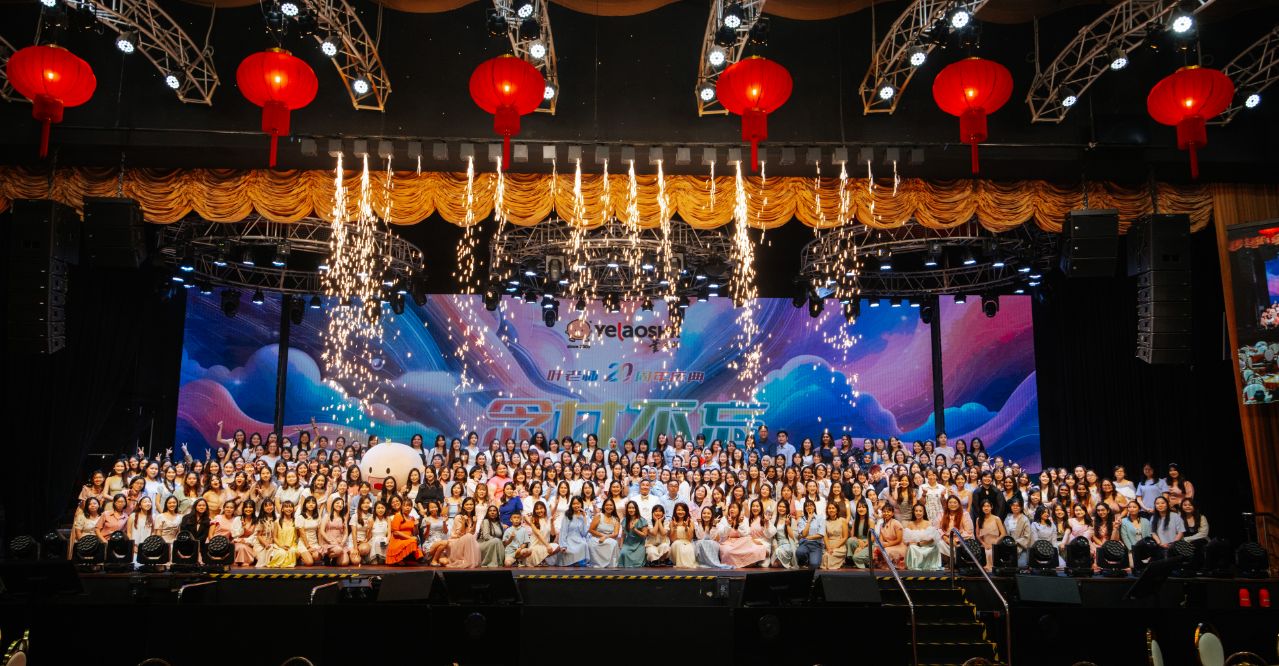Reading is the foundation of learning. The age between 3 and 8 years old is the golden period of reading development. Thus, nothing is more important than parents helping children to read more and to improve on their reading ability during this stage. Children, who are able to read extensively, possess unlimited potential to improve academically and catch up in school in spite of a slow start.
In theory, the age between 0 and 6 years old is an important period when children form good psychological and behavioural habits; it is also a stage where they develop various abilities, especially cognitive abilities. It is known that at least 90% of the cognitive abilities can be developed through reading. Two conditions must be met to develop reading effectively, i.e. continuity and consistency. That means, first and foremost, cultivating a habit of reading requires a child to read daily at a designated time rather than reading only based on one’s whims and fancies. Secondly, children should read consistently in order to reach a targeted cumulative amount of words, normally ranging from 500,000 to 1,000,000 words a year.
Reading ability develops rapidly during the primary school period. Therefore, there is nothing more important than parents helping their children to read extensively and improve on their reading ability. A child’s intelligence is akin to a sprouting seed that only grows under certain conditions. In this sense, the conditions are high-volume reading and cognitive games that involve the use of the hands and mind.
If a child has never read a good book or a book with more than 100,000 words, and his or her time is mainly spent on reading textbooks and doing homework, the potential of his/her intelligence will not be fully developed. In general, children in Standard 1 and 2 should read at least 1 million words a year (normally between 1 – 2 million words), while children in Standard 2 and 3 should read at least 2 million words a year (normally between 2 – 3 million words). For children in Standard 4, 5 and 6, their reading volume should reach at least 3 million words a year (normally between 3 – 5 million words; some can even reach 10 million words per year).
Children in primary school should never spend most of their time and energy in reading textbooks and doing workbooks because these books do not provide in-depth knowledge that satisfies their inquisitive mind. Only reading a huge volume of books like classical stories and general knowledge books (astronomy, geography, history, physics, chemistry, philosophy, arts, etc.) can help children develop their intelligence and potential.
Schooling children spend most of their time learning in class, doing a large quantity of exercises in school as well as at home in the evening. As their time and energy have been largely spent in academic learning, studying more is therefore ineffective in developing their intelligence―it is akin to trying to find a needle in a haystack. Therefore, why not let them read more books to improve their cognitive abilities and expand their knowledge rather than pursuing something in futile? That’s why some even say that academic results in primary school are often misleading and inaccurate in measuring children’s cognitive abilities. This is because when studying and homework have occupied most of their time, children will not be able to read extensively. Spending more time in academic study is a case of penny wise and pound foolish. Even if our children can obtain full marks in exams, it is still a huge loss for their future.
The problem surfaces during the period of lower secondary school. Many secondary school teachers discover a peculiar phenomenon: High achievers who put all their time and energy in study to obtain high scores in primary school often suffer from slipping academic performance; some even suffer from burnout and throw in the towel. On the contrary, those who are well-read but performed mediocrely in primary school often exhibit higher potential to improve academically and are able to catch up in learning despite having a slow start.
The situation becomes even more serious in upper secondary school and when they enter the society where job performance is not measured by academic results. Many parents place great importance on children’s academic results during primary school and are even misguided by teacher’s emphasis on test scores to the extent that they are reluctant to allocate more time for their children to read and play as these activities are deemed as wasting time.
However, like a seeding that lacks nutrition and suffers from malnutrition, these children often experience learning fatigue in high schools. This leads to parents complaining about their children lackadaisical attitude but they hardly realize that they are the ones responsible for such ‘short-lived success’ and ‘malnourished intelligence’.
Therefore, parents should be open-minded. They should not be restrictive, insisting their children to pursue high scores when their children enter primary school. Instead, they should make preparation to pave the way for their children’s future development. Primary school is the sprouting period of a seed, lower secondary school the budding stage, upper high school the full bloom, while tertiary education is an all-new phase of growth.
In short, as parents who care for the lifelong growth of our children, we should not overstress academic results in primary school. We should aim at helping our children to build a solid foundation in various aspects, cultivating good habits that can truly benefit them throughout their lives.



